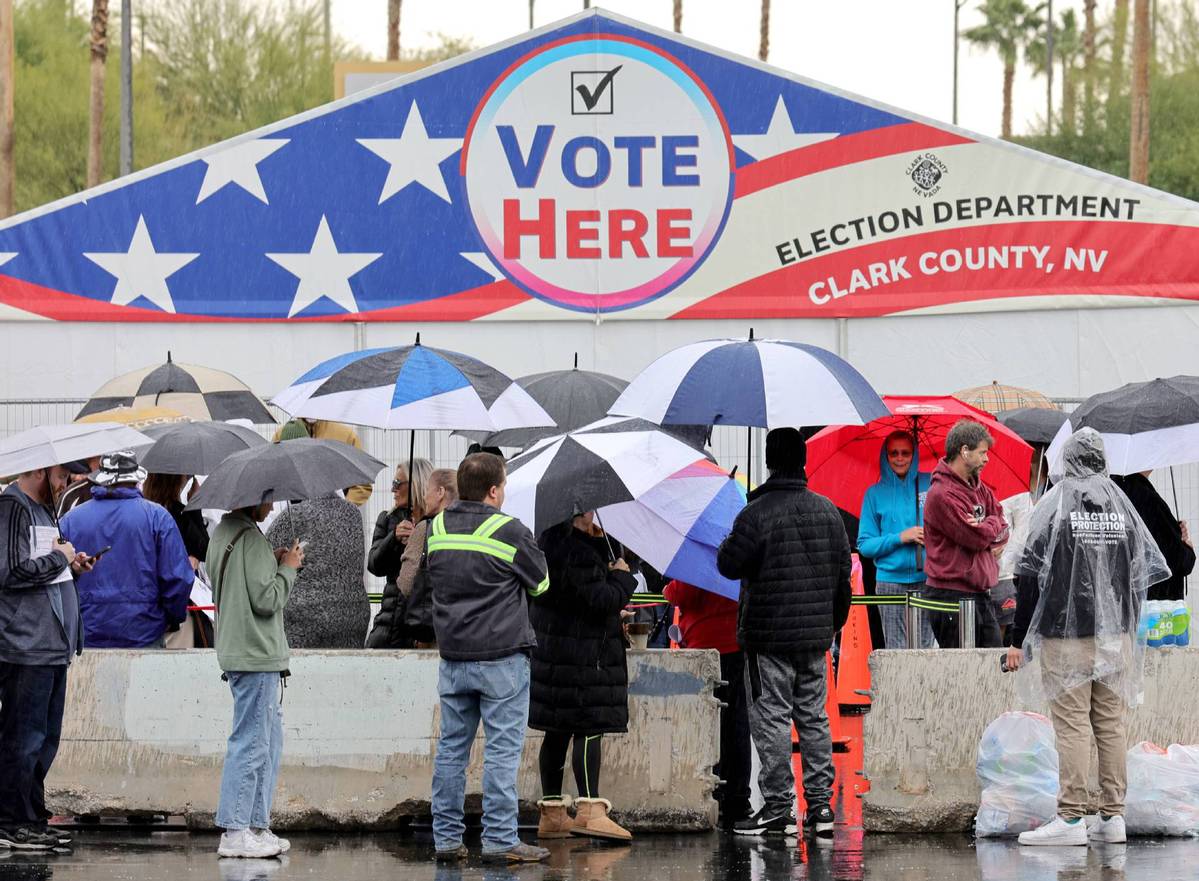The US is no longer a democracy
By Gregory K. Tanaka | chinadaily.com.cn | Updated: 2022-11-21 16:15

I remember traveling in February as a member of the varsity track and field team of Williams College. We were driving by automobile caravan from a cold northwest Massachusetts to the much warmer State of Florida. In Florida we were planning to prepare for the upcoming track season. On our way south, we pulled into a gas station in South Carolina to fill up our gas tanks—and this was when I encountered the first segregated bathrooms I had ever seen in my life.
As we got out of our cars and approached the bathrooms, one sign said "Men" and pointed to the left. A second sign said "Coloreds Only" and pointed to the right. As an Asian American, I was fully aware that I wasn't white. But as I started to turn towards the room that said "Coloreds Only," my white track coach grabbed me gently by the arm and steered me left and into the "Mens" room.
Later, as we got back on the road and continued south, it struck me that the segregated bathrooms I had just encountered were in violation of the US Constitution which provided for a democracy that maintained equal justice under the law.
But today there are now two trends that undermine democracy in the United States. The problem of racism I encountered as a college student in South Carolina is stubborn and still persists. But there is a second source of inequality and this stems from an economic asymmetry that is getting worse by the day.
From 1989 to 2019, the top 1 percent of Americans registered an increase in family wealth from 27 percent to 35 percent of total family wealth in the US. During the same time period, citizens in the bottom 50 percent collectively experienced a decrease from 4 percent to 2 percent of total US family wealth (Congressional Budget Office).
In other words, families in the middle and under classes are experiencing an "economic squeeze." Worse, this squeeze is a result of forces that are not always visible to them—like inflation, changes in tax laws that now favor the ultra rich, and unequal funding for K-12 schools, to name a few. Neither the Democratic Party nor the Republican Party is seeking to address the harsh effects of forces like these on the bottom 50 percent of the US population. This brings to question whether the US has already lost its democracy.
In my view, the last time the US had a representative democracy was under President John F. Kennedy in the early 1960's. Under Kennedy there was a shift away from government spending on waging of foreign wars that benefitted the elites who owned the military industrial complex—and towards greater government spending on social programs benefitting the middle, working and under classes.
But today the combined effects of inflation, changes in tax laws and under-funding of public education have undermined the representative quality of democracy where each vote was supposed to matter and elected officials were supposed to listen to and address the needs of the majority.
This shift is away from a democracy that represent the needs and wishes of the people—to one that now puts the interests of the super rich first—is a clear sign that the representative quality in the US democracy has long gone and left the station. And if it is no longer "representative," then one could easily argue the idea of democracy in the US is no more.
What can be done to reclaim democracy in the US and is that even possible? I would contend the time is ripe for nonprofit foundations to fund and test new models that envision and maintain a new US democracy that it is "by, for and of the people." Such a model would be far better than living under the twin evils of racial discrimination that I encountered at a gas station as a college student in South Carolina, and today's worsening economic asymmetry.
Gregory K. Tanaka is a former law school dean and bank president and the author of Systemic Collapse and Renewal: How Race and Capital Came to Destroy Meaning and Civility in America and Foreshadow the Coming Economic Depression (New York: Peter Lang Publishing).
The opinions expressed here are those of the writer and do not necessarily represent the views of China Daily and China Daily website.
If you have a specific expertise, or would like to share your thought about our stories, then send us your writings at opinion@chinadaily.com.cn, and comment@chinadaily.com.cn.
























